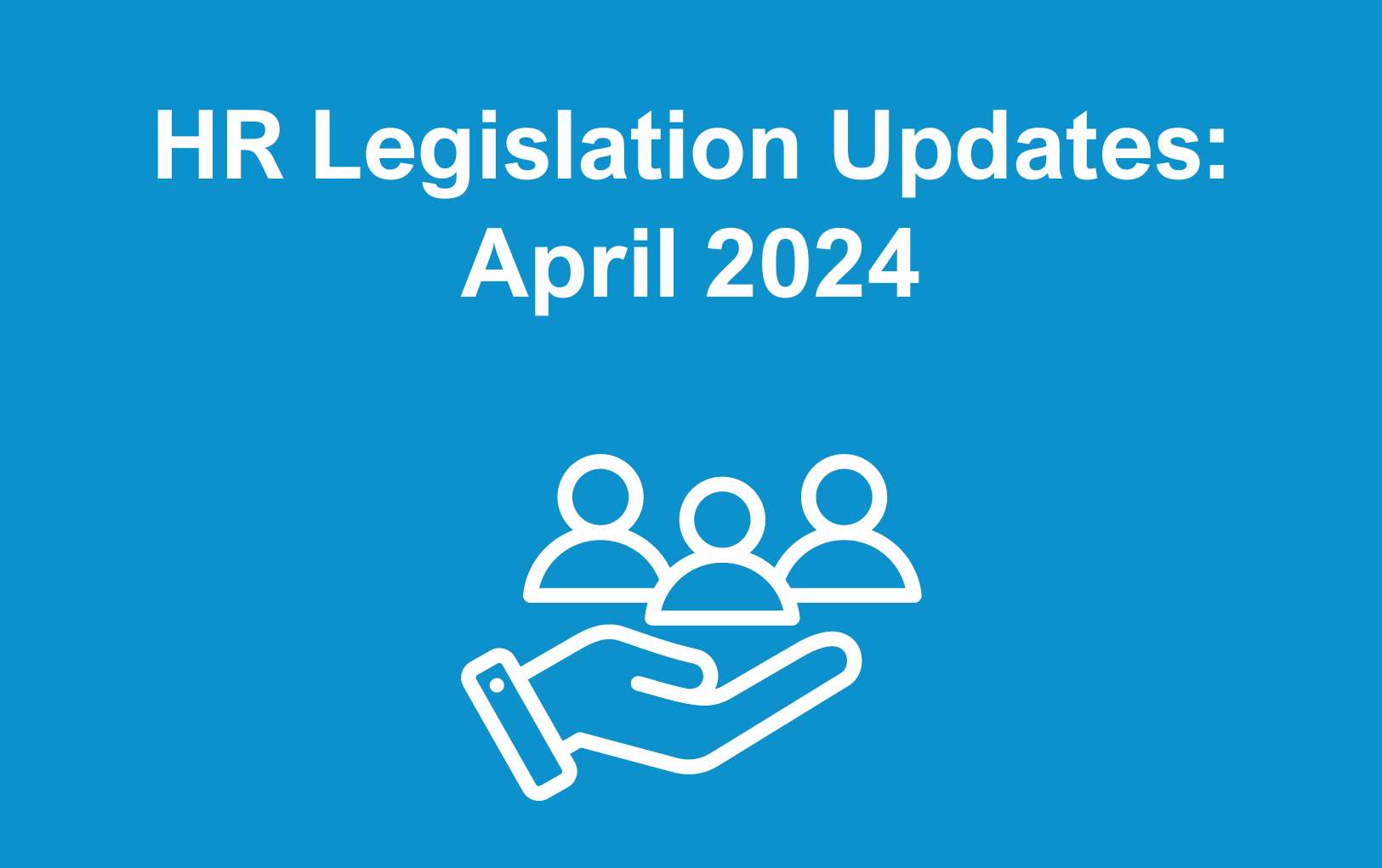Several amendments to employment legislation will be implemented starting on 6 April 2024.
These adjustments are applicable to England, Scotland, and Wales; however, they do not extend to Northern Ireland, as employment law in this region is devolved.
Changes to Flexible Working
There have been significant developments in workplace rights in the UK, with regards to flexible working policies. Now, employees may take up to two requests each year for flexible working arrangements, which is an increase from one request allowed in the previous year. Workers can now enjoy an increased level of flexibility, more suitable for their needs.
Furthermore, employers are now entitled to respond to these requests within two months’ time, this have been reduced from the previous limit of three months.
Also, there is now stricter requirements imposed on employers when it comes to denying these requests. Employers are now required to provide a detailed explanation as to why they are denying these requests, thus making the process more transparent and fairer for all involved parties. In addition, employees no longer need to justify the impact of their request on their work.
Business needs must still be considered when making these decisions. Criteria such as impact on quality of work and associated costs must be noted.
Employees can now make these requests from day one of employment, having previously only been eligible if an employee had worked there for 26 weeks. This puts a lot more power in the employees’ needs.
Carer’s Leave
There has been a significant advancement in employment rights, regarding Carer’s Leave. Employees are now allowed one week off work of unpaid leave each year for caregiving responsibilities. This new piece of legislation now recognises that employees may have significant other responsibilities at home, possibly having to take care of a family member. This provision applies to all employees responsible for a child, parent or any other dependant who is expected to need three or more months of care.
There may come a point where an employee can’t continue working because of caregiving responsibilities at home. This provision provides employees with the opportunity to combine caregiving responsibilities and continue with their working life – providing a better balance between personal and professional responsibilities. This demonstrates a significant advancement in promoting wellbeing in the workplace and a better work-life balance overall.
Similar to flexible working requests employees are now entitled to ask for this from day one of employment, meaning employees can ask for Carer’s Leave (should they need to do so) from their first day of employment with a new business. This helps prevent new employees from experiencing financial difficulty or job insecurity due to their caregiving responsibilities.
Employers are clearly beginning to recognise the need of listening to your employees and supporting them. Employers can show a commitment to their workforce by actively supporting this legislation. This is a positive step in the right direction, and demonstrates a clear understanding that employees need to be provided with support as and when they require. This also recognises that employees have a life outside of work and aims to provide a balance between personal and professional responsibilities.
Redundancy Protection for Pregnant Employees
Employees are now more protected against redundancy when taking on certain forms of leave such as parental and paternity leave – this displaying a notable advancement in employment rights.
Employees are now protected for a minimum of 18 months, displaying a significant increase from the previous protection period. If an employee is facing redundancy, they are now entitled to first refusal of any suitable alternative role in their organisation. This means staff facing redundancy have another opportunity to find work again, showcasing an increased level of protection. However, this position must be appropriate for that employee and is based off on their skills, experience, and general suitability. It is important to note that the redundancy may still occur if no other suitable vacancies are available at the time.
Beforehand, redundancy protection was limited to the duration of maternity, adoption, or shared parental leave. Now, these regulations have been extended to provide protection from the day an employer is notified of the employee’s pregnancy, and this will continue for 18 months after the birth of the child. This can be a stressful time for new parents; therefore, these new pieces of legislation are designed to take away some of that stress and to also offer further security.
The same 18 month level of protection applies from the date of adoption for any parents on adoption leave. Shared parental leave offers similar levels of protection, with an 18 month protection in place, on the basis that one parent takes at least six weeks of shared parental leave.
This extension of the redundancy demonstrates a clear understanding of employees needs during what can be a stressful period of life. Employers have a degree of responsibility for the wellbeing of their staff (both physical and mental wellbeing). This form of legislation represents a significant advancement of that. This legislation can create a more supporter and inclusive environment that recognises the challenges of balancing professional and personal responsibilities.
Paternity Leave Flexibility
The updates to paternity leave legislation demonstrates a significant increase to flexibility with which employees can use their statutory entitlements. With the new rules, employees who are eligible for this form of paternity leave are now provided the ability to divide their two weeks leaves into two separate one week blocks. Previously, the two weeks had to be taken back – to – back, so this new offering provides an increased level of adaptability.
Parents are now able to better coordinate their leave with their partner’s maternity or adoption leave, enabling a mutual level of support. This helps supports the work commitments of both parents, creating a good work – life balance.
New parents are now afforded increased flexibility, allowing them to cater to the needs of their family and focus on personal situations. Paternity leave can now be taken any time within the first year rather than just the first eight weeks after a child’s birth. Parents can now have the flexibility to make decisions that best support their personal needs and personal situations.
Notice requirements have now also changed from 15 weeks in advance to now just 28 days (4 weeks) in advance. Parents can now make their plans under less stress, and can react quicker to their child’s needs and development,
These changes to statutory paternity leave aim to better support working parents and promote a healthy work-life balance. By offering increased flexibility and streamlining administrative processes, employers can create a more supportive and inclusive workplace environment that prioritises the wellbeing of employees and their families.
It is imperative that companies plan for these changes in a proactive manner, particularly those surrounding parental leave. There are two main reasons that these should be a focus, one of which is to ensure they are compliant with the law and, secondly, to demonstrate you have your employees’ needs and wants at the forefront of your mind and strategy – fostering a better and more positive workplace culture. A positive workplace culture is essential for employee retention, employee satisfaction and overall quality of work.
By adopting a proactive stance, you will effectively manage staff levels and the distribution of work, which is vital for ensuring the smooth running of operations. Sometimes, when employees take parental leave, this can disrupt the workplace, as other people may need to cover more responsibilities. By having a clear and adaptable plan in place, companies can mitigate these challenges through strategic resource allocation and possibly some temporary staffing solutions as well. This approach can help reduce any potential disruptions that may occur during these periods of transition.
This forward thinking approach in handling changes ensures that employee’s legislation is something that companies are prepared for and aren’t simply reacting as it happens. This level of preparation is beneficial for a number of reasons, as it can means you will comply with the current legislation but also maximise your employee satisfaction levels. Employees who feel supported and are provided the opportunity to go and see the important moments in their child’s young life, are more likely to reciprocate this feeling, enhancing morale and productivity.
It is important to invest in a proactive strategy towards these legislative changes and parental leave policies, as these can safeguard the long – term success of your business. In today’s rapid and fast – moving working environment, the ability to quickly adapt to new laces and expectations is a clear competitive advantage. This adaptability helps retain your employees but also makes the company appear as a positive and fun place to work.
If you made it to the end of this blog, then we have a special something for you. Our offer to you is that we can help you:
- Create a positive workplace culture
- Ensure you are up to date with all of the new incoming policies
- Take away all the stress related to workplace challenges
You can contact us here, to find out more.







